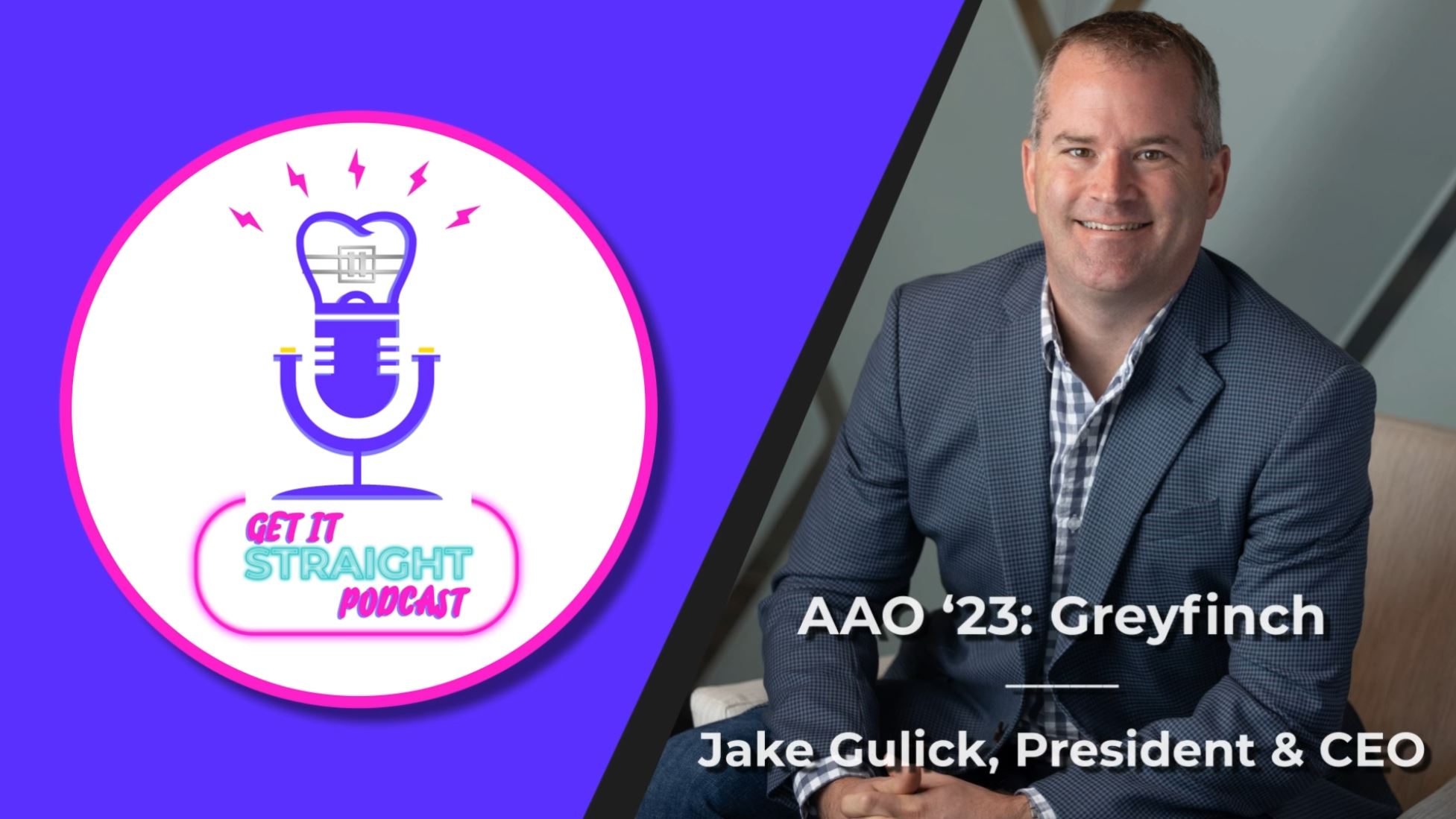
BBC is known as the agency for clients who have been burned by other agencies.
But the truth is that we weren’t always so great. In fact, early in our lifecycle, we got fired… a lot.
This created the impetus to learn everything we could about why companies fire their agencies. Over the last 7 years, we have collected information from former clients, current clients, and employees to figure out why companies fire digital agencies.
Website flow mapping is all about thinking of how users will navigate through your site. You add on layers of complexity as you think through how a user will navigate through every page of your website. Many website companies and their clients believe that people go to your homepage first. That could not be more wrong. People arrive on your site by searching Google for a specific keyword and land on a related page. This is why at our agency we see every page as its own “homepage.” By looking at your website holistically, we can control what happens when someone lands on any page and push them into a sales funnel where appropriate so they convert. The next time you are doing a web search, think about where you are landing. Take note. You’ll see that understanding how users navigate though the site is critical to conversions, goal completions, and revenue.
1) Agency fails to drive results that matter to the client’s business.
We’ve all seen the pretty powerpoint decks showcasing impressions, bounce rate improvements, and other up-pointing green arrows promoting metrics that don’t drive revenue.
The problem with these types of “results” is that eventually someone from the top of the company will ask, “So how is this work impacting our business?” And the relationship unravels from there.
We also know that vanity marketing like pretty redesigns, clever tagline development, and web features that make a site feel “slick” will not survive the digital age.
At BBC, we work very hard to gain alignment on the metrics that matter and to pursue engagements that are more about solving quantifiable problems than pursuing vanity activities and metrics.
For example, if a client hires us to do Search Engine Optimization (“SEO”), the first thing we do is create a broad baseline of metrics we plan to increase, and then gain agreement with the client on their importance.
Then, every quarter, we identify the specific metrics we plan to tackle over the subsequent three month period and align all activities around them. At the end of every quarter, we report on the metrics we promised to tackle across all previous quarters.
This ensures that everyone is rowing in the same direction and helps clients and agency employees maintain accountability for driving the right results.
Our favorite tool for measuring baselines and uncovering shared SEO priorities is something we built called an “Advanced Organic Opportunity Tool.”
Want us to make you onefor free? Shoot us a message and we’ll craft one for you.
2) Agency lacks responsiveness.

You can mess a lot of things up and be forgiven as long as you always respond as soon as humanly possible.
Responsiveness builds a lot of trust with clients and helps them relax, especially those relying on us for their technology.
On the flip side, digital agencies who are slow to respond to clients create feelings of uncertainty and nervousness. Eventually people have to correct things that make them feel uneasy, which means firing the agency that contributes to this discomfort.
One of the first values we instill in new employees is the importance of responsiveness.
At BBC, our standard is to reply to as many client emails as humanly possible within 24 business hours of receiving them — and a large percentage of queries get someone’s attention within an hour.
Even if we don’t have the answer, we let eager clients know that we hear them and are working to resolve their query.
3) Agency overcomplicates technical issues to avoid accountability.

Some agencies convey a lot of jargon, especially from their development team.
On occasion, this jargon is appropriate.
But sometimes the jargon is used to intimidate clients — or worse, cover up mistakes. (Turns out “propagation” can’t be used to excuse every website failure. Who knew?)
The problem is that clients will eventually resent an agency they don’t understand.
When you purposefully try to intimidate a client with tech talk, they may back down the first few times. But eventually they will overthrow you. Why? Because relationships that rely on confusion cannot create value.
Our job is to create clarity, and to ease the flow of information between ideas and technical implementations. Not add to the confusion and chaos.
Here are some examples of what this means at BBC:
- Sales people refrain from using jargon and one-solution-fits-all language in project briefs. Instead, they are responsible for clearly articulating the problems we are trying to solve and the activities/deliverables we intend to pursue in solving them.
- Developers are interviewed based on their experience but hired based on their culture fit and communication skills. Divas, ego maniacs, and golden basement builders do not make it past the first round of our interview process.
4) Agency fails to uncover and disclose issues in a way that builds trust.

Failing to solve and disclose an issue as soon as it’s discovered can mean big trouble for digital marketing agencies.
Sitting on issues or mistakes can cost you the trust you’ve spent months or years trying to build. By contrast, being transparent and solution-oriented about problems builds character within the agency and can bolsters trust with clients.
Even if the issue isn’t your fault, you should always try to be the party who finds the mistake first. Try setting up alerts (e.g., Pingdom, WP alerts) and regularly checking your analytical tools to make sure you always know if something is off.
Then, try something bigger: Build a company culture that promotes fearlessness and ownership, and show agency employees that there is no “punishment” for honest mistakes.
Brain Byters are programmed not to protect weaknesses. Most of us strive to call out any cover-your-ass techniques or language that might keep us from taking accountability and becoming better marketers (and humans).
Owners, leaders, and employees company-wide challenge themselves and each other to reward risk-taking and owning failures (and subsequent learnings).
As a result, clients get true transparency and benefit from everything we are learning along the way.
Agencies that don’t make mistakes are not trying hard enough. And agencies that hide their mistakes are denying clients the precious gems that come from failing up.
5) Agency holds clients hostage.

A successful client relationship should be built on the mutual desire to work together, not on the fear that everything will fall apart if the agency leaves.
An agency that employs rhetoric or policy to force or pressure a client to maintain a relationship will eventually get the axe.
This includes agencies who demand long contracts with stiff penalties, mystify SEO processes and approaches, set up and hijack paid search, social media, and Amazon accounts, and don’t disclose information to partnering agencies.
Agencies can’t and won’t keep clients by handcuffing them, but rather by constantly pushing themselves to add more value.
6) Agency fails to clarify the problem that needs to be solved — from the start.
It can be eye-opening to look through the scopes your sales team has sent out in the last few years.
We did this, and discovered that several doomed relationships started with gobbledygook scopes covered in jargon sauce.
These insufficient scopes had one commonality — they failed to distinguish the problem that needed to be solved. As a result, the work we prescribed failed to solve the most important problems first, which led to slower results and eventual parting of ways.
At BBC, we will not take on new work until it is hyper-clear what problem(s) we are trying to solve.
The first step we take in our sales process is seeking alignment on a project brief that articulates the problem as we understand it, including data points to prove it is actually a problem.
Once the work is sold, our employees align proposed tactics with the problems identified, and choose activities and experiments that will have the most significant impact on the problem. And we specially train account management to evaluate plans and raise flags when they do not see a clear connection between the problem and the proposed activities.
This approach helps each of our clients to more accurately assess their marketing tactics, set the right priorities, and demonstrate the value of their marketing work all the way up the ladder of their own organization.
7) Agency doesn’t solicit regular feedback and make steady improvements.
The only way to know what you could be doing better is to ask — ask your clients – and ask your agency employees.
We have detailed processes for making sure we understand what is going well and what could improve from the client’s perspective, and we have a shared commitment internally to address issues in a logical and systematic way as they are uncovered.
Our employees are also very keen on broadcasting concerns and issues as they arise, and letting us, the owners, know when a process or standard needs to evolve internally to meet upcoming challenges.
But beware. Becoming a feedback-persistent company may require a culture shift.
In an industry where egos run high and employees can be laid off anytime a big client leaves, employees can easily become more focused on how they are perceived than on becoming the best version of themselves.
At our agency, the first thing we ask new hires to do is to read three books: Lean In, The Five Dysfunctions of a Team, and A New Earth. Then we keep cultural learning going through regular book clubs.
We find that these books set the foundation for a culture that values the greater good more than being right and helps people get past their own bullshit to see the world and themselves from a cleaner, more objective lens.
Do you own or work for a digital agency? If so, I hope this list helps you as you strive to continually grow and evolve your team. Brain Bytes Creative has been around for almost a decade, and we’ve made just about every mistake imaginable along the way. So, yeah, we know that losing a client hurts. But to ignore the opportunity that it offers for reflection and improvement would be the worst mistake of all.
Want to learn more about the Brain Bytes way? We’d love to meet you. Contact us!



